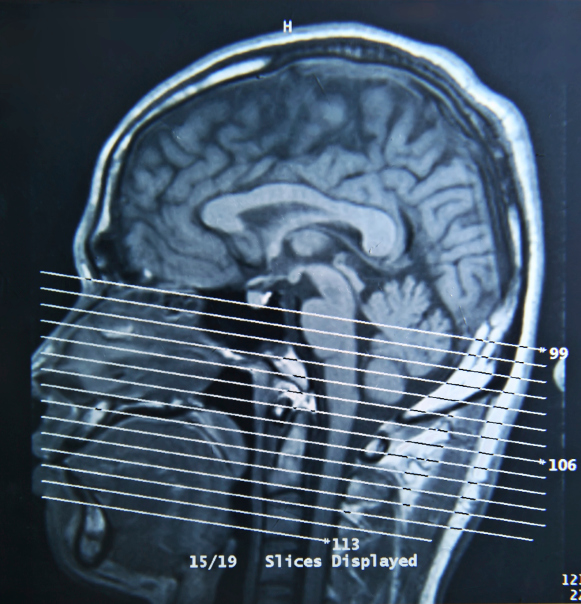
Before Playing Ball: Baseline Concussion Testing
As knowledge about the dangers of concussions in sports continues to grow, Mayo Clinic has made baseline concussion testing available at no cost to all middle and high school students in Arizona.
Baseline concussion testing measures how the brain is working before injury. The testing tool is available through the generous support of the J. Theodore Curtis Karalis Foundation and Mayo Clinic at no cost. The test can be taken from any computer with Internet access, takes eight to 15 minutes, and the athlete or parent can share the results with health care providers of their choice. (Test can be accessed at www.mayoclinic.org/concussion-testing.) After a concussion, the test can be repeated as often as necessary, and along with a medical evaluation by a concussion expert, the results can be used to help guide return-to-play decisions.
This initiative comes on the heels of Arizona Senate Bill 1521, which requires that high school athletes who have sustained a head injury be barred from further physical activity until they're cleared by a licensed health care provider. The law also requires schools to educate coaches, students and parents about the dangers of concussions.
So why is this important? The diagnosis of concussion, assessment of severity, and knowing when an athlete can return to play, work or school is not always clear. This kind of assessment for each athlete will provide the health care provider with often the only objective tool that indicates when an athlete’s brain has truly returned to his or her baseline. Baseline concussion testing has been mandatory for many years for all Olympic, NCAA Collegiate, and many professional (NHL, NFL, MLB) athletes. Concussion experts at Mayo Clinic believe that if such a test should also be mandatory for youth athletes as well.
After a concussion, if an athlete continues to play or returns to play too early, there’s a significant risk of experiencing another concussion, and repeat concussions may take longer to resolve, and come with a risk of permanent neurological damage, or rarely, death. Children, adolescents and female athletes appear to be at a higher risk and may take longer to recover.
While the importance of baseline testing is clear, the results should be used with a comprehensive medical evaluation. The medical care and rehabilitation of athletes whose symptoms are persistent is best achieved by a multidisciplinary team of health professionals with expertise in the evaluation and management of concussion.
David Dodick M.D. is a neurologist with Mayo Clinic. An internationally recognized migraine expert, Dr. Dodick is the past president of the American Headache Society, president-elect of the International Headache Society, vice-chair of the World Federation of Neurology Headache Research Group, editor in chief of Cephalalgiaand director and founder of the Headache and Concussion Programs at Mayo Clinic in Arizona.
